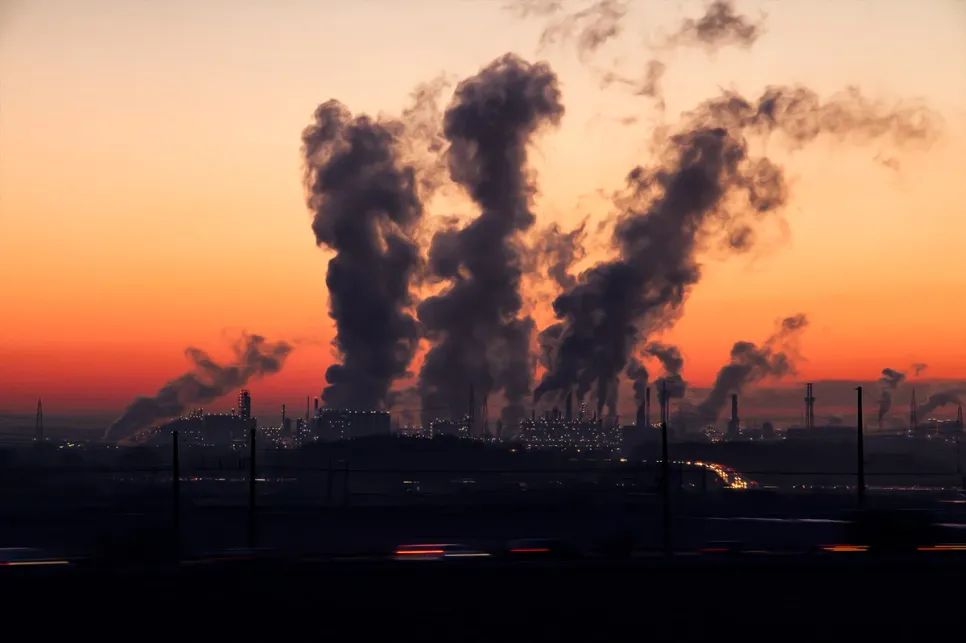UK Users Are Turning to AI Search
GenAI is reshaping how people in the UK find information online, according to Ofcom research.

The world is falling dangerously short of the ambition that is needed to secure a safe future climate, according to a new analysis by PwC. As a result, we need to fight to prevent every fraction of a degree of warming.
PwC’s latest Net Zero Economy Index shows that a year-on-year decarbonization rate of 17.2% (up from 15.2% last year) is now required to limit global warming to 1.5°C above pre-industrial levels - seven times greater than what was achieved over the last year (2.5%) and 12 times faster than the global average (1.4%) over the past two decades. To put this into perspective, since 2000, no G20 country has achieved a decarbonization rate of more than 11% in a single year - the highest level was achieved by the UK in 2014 (-10.9%).
The Index provides a stark illustration of the growing divergence between the global ambition to tackle climate change and the reality of current progress. The analysis shows that all nations need to work harder to reduce emissions to stand any chance of meeting the IPCC's 2030 deadline to reduce emissions by 43%, with a 78% reduction in carbon intensity now required in under seven years.
“The fact the world needs to decarbonize seven times faster is a spur to action, not a counsel of despair. While the overall pace has to pick up rapidly, dramatic change is possible when businesses and policymakers align. The rapid acceleration of the deployment of wind and solar in several regions shows change can happen. The world is decoupling growth from carbon emissions, now we need that trend to become a surge,” said Emma Cox, Global Climate Leader at PwC.
More positively, The analysis shows that last year saw a surge in renewable energy adoption, which shows hope for an accelerated and market-led transition, with solar energy experiencing its highest growth ever recorded at 24.4% and wind energy increasing by 13.1%. The significant growth of renewables is primarily concentrated in Asia (particularly China), the USA, and Europe. This accelerated action needs to be echoed in wider economic sector transitions, and infrastructure, and coupled with increased support to developing countries.
The Net Zero Economy Index also reveals that the UK has had the highest long-term level of decarbonization in the analysis, maintaining a decarbonization rate of 3.7% over the 21st century. Economic growth and energy consumption are decoupling but not fast enough. Decarbonization trajectories are progressing at different rates between G7 and E7 economies. The G7 achieved a 1.2% reduction in carbon intensity in 2022, compared to the annual average of 2.3% achieved since 2019. By contrast, E7 nations achieved a 2.8% decarbonization rate in 2022, relative to a 1.7% annualized decrease since 2019.
“The world's collective failure to get to grips with climate change leaves us on the cusp of an unpredictable and economically destructive time. We must now bend the curve on emissions growth and urgently seize the opportunity to realign our global economy and net zero pathway with a 1.5°C future climate. To achieve our global ambition, and starting this year, it is time to embrace a bold, commercial, and disruptive phase of global redevelopment that is driven by mass deployment of clean technologies, accelerated by practical innovation, and scaled with sustainable finance. The result of our choices now will be definitive for future generations who neither chose nor deserve a flawed inheritance,” said Dan Dowling, Net Zero & Sustainability Partner at PwC.